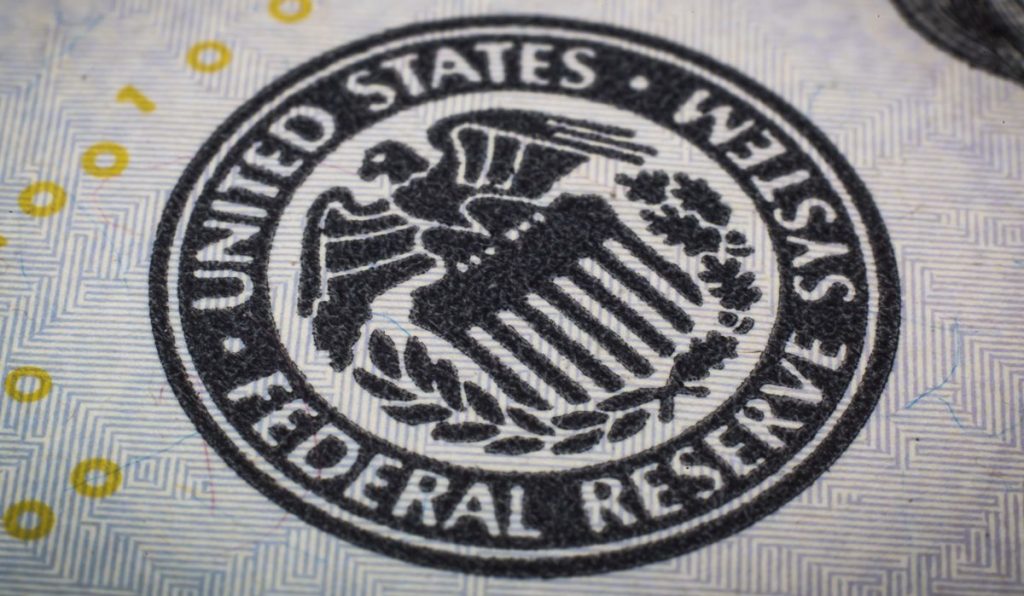Consumer prices climbed at a slower pace in February, keeping alive the hope that the Federal Reserve may pause the federal funds rate hikes in its meeting next week following the Silicon Valley Bank and Signature Bank failures.
The Consumer Price Index (CPI) rose by 6% in February before seasonal adjustment compared to one year ago, lower than the 6.4% increase recorded in the 12 months ending in January, according to data released Tuesday by the Bureau of Labor Statistics (BLS).
The year-over-year increase can be attributed to large annual jumps in the indexes for transportation services (+10.2%), energy services (+13.3%), and food (+9.5%). Consumer prices fell in energy commodities (-1.4%), gasoline (-2%) and used cars and trucks (-13.6%).
Meanwhile, the CPI increased 0.4% on a monthly basis in February on a seasonally adjusted basis, after rising 0.5% in January. Transportation services jumped 1.1% and shelter had a 0.8% increase. But utility gas service declined by 8%, and fuel oil fell by 7.9%.
“Before this week’s bank failures and growing risks in the banking sector, the February inflation report would have meant that it was all but certain that the Federal Reserve would continue to raise rates,” Lisa Sturtevant, Bright MLS chief economist, said in a statement.
“The labor market is still proving to be surprisingly resilient in the face of eight rate hikes over the past year. But the recent failures of Silicon Valley Bank and Signature Bank have complicated the picture.”
Monetary policy observers had previously forecasted that the Fed would increase the federal funds rate by 50 basis point increase in the meeting scheduled for next week. However, it’s now growing the group of observers believe another hike could be counterproductive to manage the current turbulence.
A liquidity crisis hit American banks amid a deposit run. Silicon Valley Bank collapsed last week, the biggest bank failure since Washington Mutual in 2008. Signature Bank closed its doors on Sunday. And others are looking for ways to improve their liquidity to avoid a crisis.
“We now expect the FOMC to pause [the federal funds rate] at its March 21-22 meeting,” wrote a team of analysts at Goldman Sachs. “It will be hard to be completely confident in the near term that Sunday’s intervention will halt the pressure on smaller banks, who play a large macroeconomic role and could become considerably more conservative in their lending.”
Several other Fed observers told HousingWire on Monday that they expect a 25 bps hike next week.
In a joint statement on Sunday, the U.S. Department of Treasury, the Fed and the Federal Deposit Insurance Corporation announced the approval of interventions in Silicon Valley Bank and Signature Bank. They also approved depositors’ access to all their money and additional funding for banks.
The housing sector
According to Sturtevant, despite reports of rents and home prices falling across many markets, housing costs for homeowners, which account for more than 30% of the inflation index, remained higher than the overall figure in February.
“Housing costs are a key driver of the inflation figures, but they are also a lagging indicator. It typically takes six months for new rent data to be reflected in the CPI. The quirk in how housing cost data are collected contributes to overstating current inflation,” Sturtevant said.
Month over month, the shelter index was up 0.8%, with a 0.8% increase in rent and 2.3% for lodging away from home. Compared to a year ago, the shelter index was up 8.1% in February, with rents increasing 8.8%.
The current uncertainty brings an upside to the housing market: mortgage rates are in a downward trend. At Mortgage News Daily, the 30-year fixed-rate mortgage was 6.57% on Tuesday morning, down 19 basis points from the previous day.
“A pause in rate hikes and a flight to more secure investments will bring mortgage rates down, which could help prop up a subdued spring housing market,” Sturtevant said.






